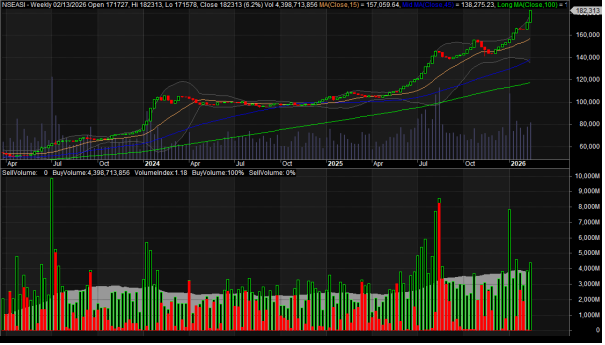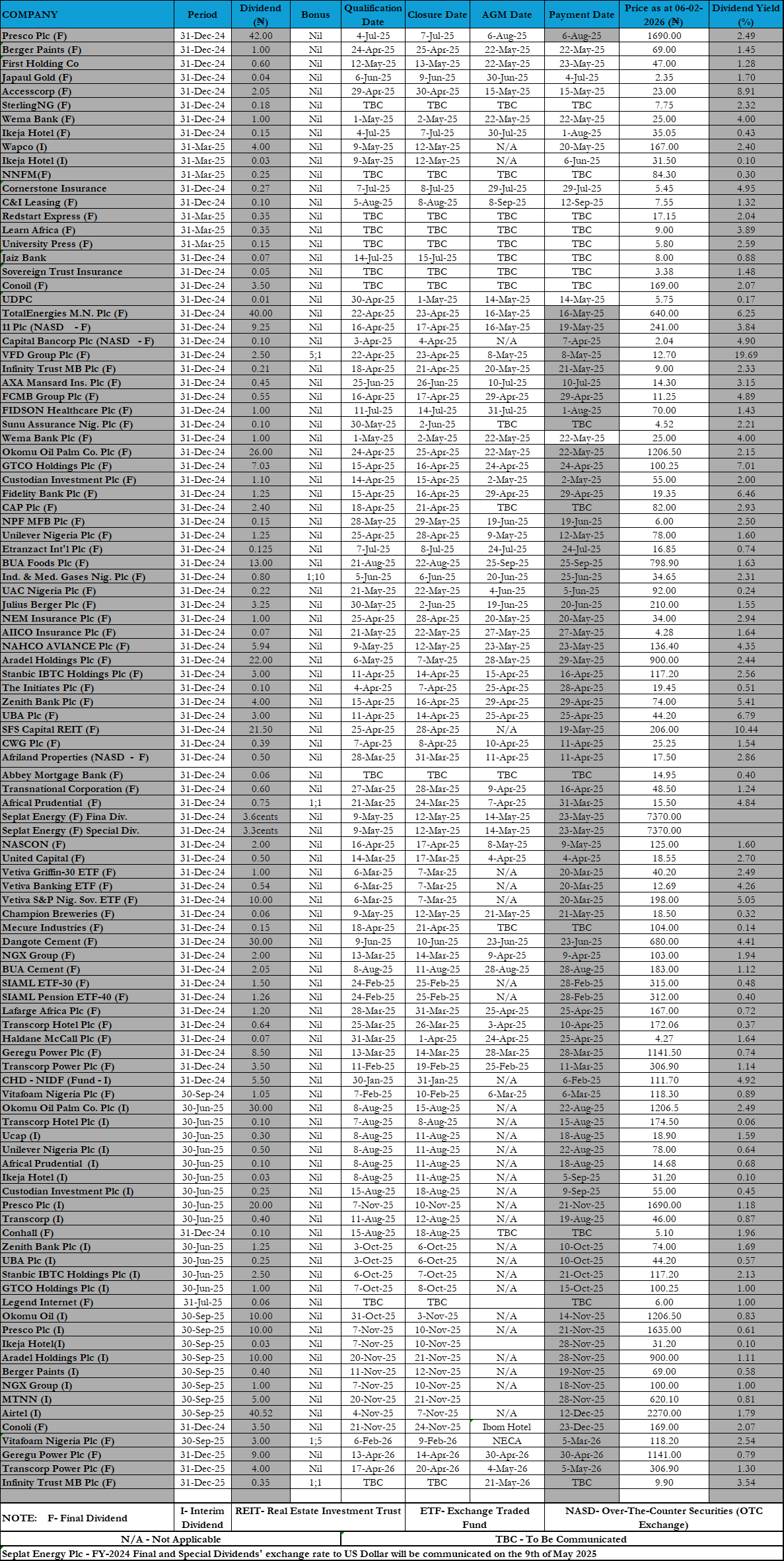
- Urges FG, Stakeholders Support For Nigeria To Achieve $1tr Economy Target
The Manufacturers Association of Nigeria (MAN) says the production of polypropylene by the Dangote Petroleum Refinery & Petrochemicals is capable of reviving Nigeria’s struggling textile industry and saving the country $267 million in import costs.
Speaking during an interview on the Channels Business Incorporated Programme, the Director-General of MAN, Segun Kadir-Ajayi, highlighted the struggles of the textile industry, which was once thriving and employed over 25,000 workers aged between 18 and 40 in the northern region alone.
He lamented how many companies have been forced to shut down in the absence of local polypropylene production and the scarcity of foreign exchange required for imports.
According to Kadir-Ajayi, ]the production of polypropylene by Dangote Refinery and Petrochemicals will ensure that Nigeria, which currently imports 90% of its annual polypropylene requirements (amounting to 250,000 metric tonnes), becomes a net exporter, generating foreign exchange to strengthen the economy.
“For us in the manufacturing sector, this is a welcome development. It more than covers the 250,000 metric tons that constitute our national demand, which has been severely lacking. You can imagine the sectors it will impact—the textile industry, the plastic industry, the furniture industry.
“We are looking at an amount in the region of $267m being saved. This is the amount spent every year in scarce dollars to import these materials. It is a welcome development for manufacturers, as it will incentivize investment in the sector,” he said.
Kadir lamented how the collapse of the textile industry led to widespread unemployment, adding that with the local production of polypropylene, manufacturers will no longer need to rely on imported polypropylene. This, he added, will help reduce their costs and improve efficiency.
“We have seen the global trend of the textile industry relying on the petrochemical industry. So, you can imagine what boost this is going to bring to the sector.
“And that it is now available locally and does not require that we continue to look for foreign exchange to be able to meet our demands. It is a cheering news for manufacturers,” he said.
He urged the Federal Government and other stakeholders to support the local production of polypropylene through incentives, stating that this would attract more investment into the sector and increase manufacturing’s contribution to GDP. He added that this would significantly aid the government’s goal of achieving a $1tr economy.
“If the economy is going to save $267m in imports at a time when the current government is striving to create a $1tr economy, this is a significant saving, especially considering the scarcity and inadequacy of foreign exchange supply. When we see champions like this blazing the trail, showing that we can even become a net exporter, it is certainly worthy of support. The NNPC has a capacity of 13,000 metric tons. When you add this to what Indorama has, along with the massive supply we will have from Dangote, we will become a net exporter. This means all our imports from Saudi Arabia, South Africa, South Korea, China, and India will be eliminated. We can now aim for self-sufficiency and even export for foreign exchange,” he added.
He stated that polypropylene production, with its far-reaching impact, will extend beyond the Dangote Refinery & Petrochemicals, resulting in significant job creation, increased tax revenue for the government, higher investment in the sector, foreign exchange earnings, and supporting the manufacturing sector in making a substantial contribution to the country’s GDP, among other benefits.
“I believe that what we should then be looking forward to is the government’s deliberate efforts to incentivize more investment in that sector and looking for support that will allow us to patronize what is made in Nigeria. We are able to earn the respect for the patronage of made-in Nigerian products in terms of price and quality of delivery,” he stressed.
Dangote’s $2bn Petrochemical Plant in Ibeju-Lekki, Lagos, according to a statement by the group, is designed to produce 77 grades of polypropylene. With a capacity of 900,000 metric tonnes per year and a turnover of $1.2bn, it aims to meet the growing demand in plastic processing industries both in Africa and globally. The plant is expected to boost investment in downstream industries, create jobs, increase tax revenues, reduce foreign exchange outflow, and contribute to the country’s GDP growth.













